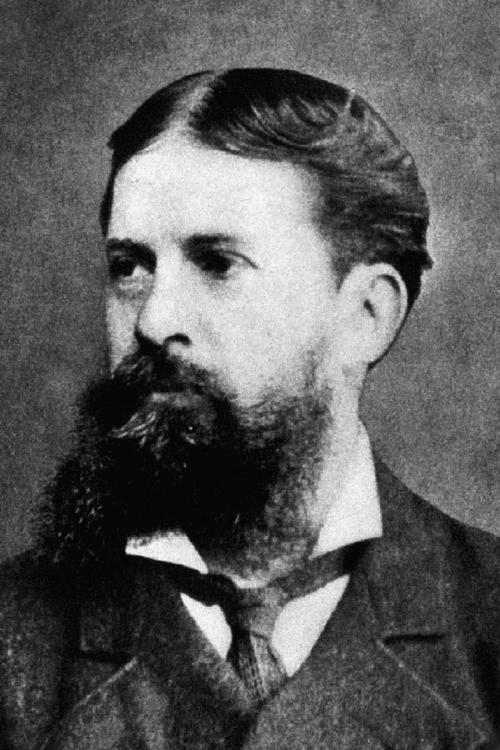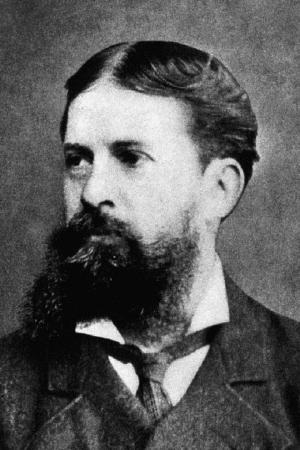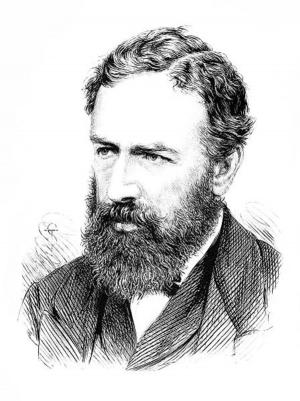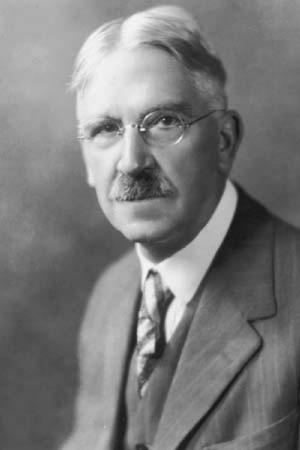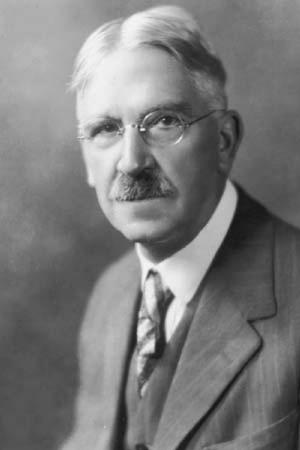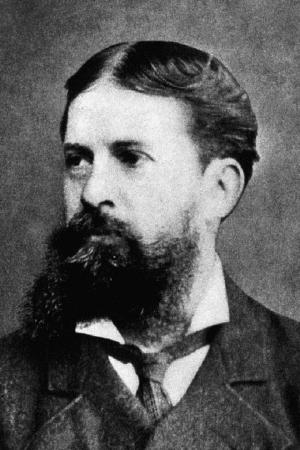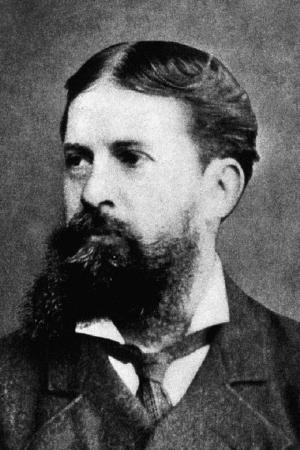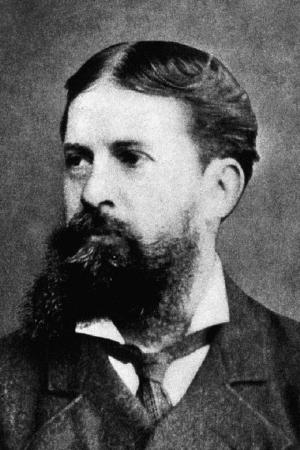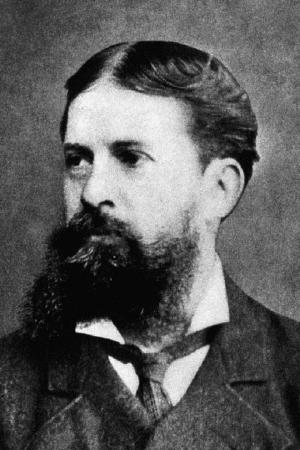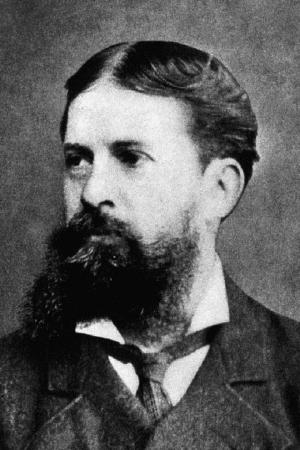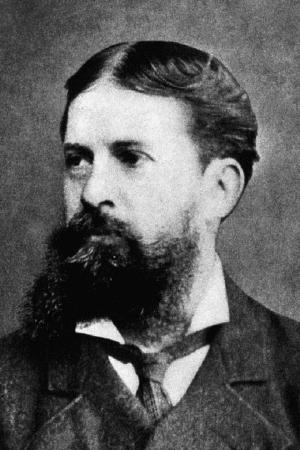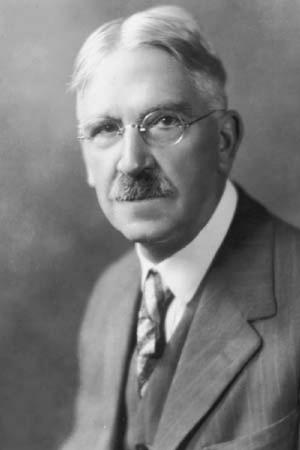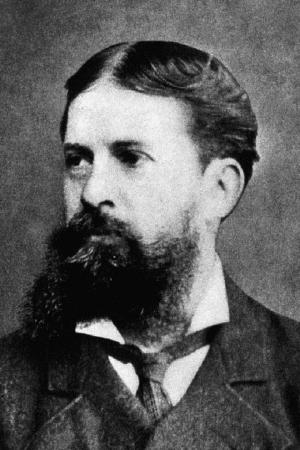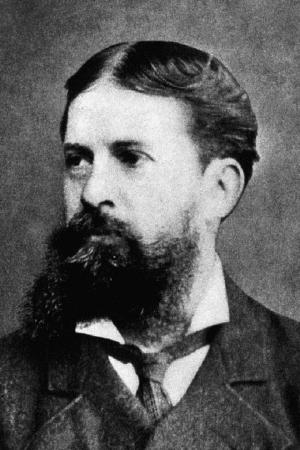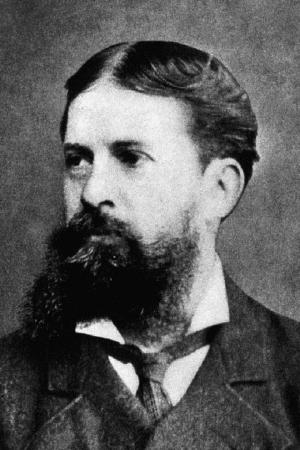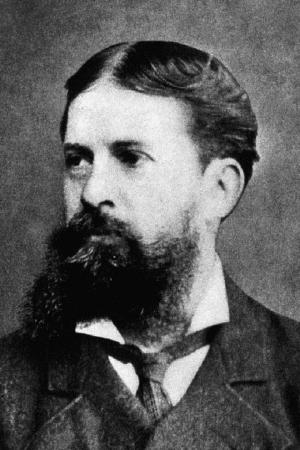Charles Peirce on Pragmatism and Pragmaticism (Illustrated)
Business & Finance, Economics, Macroeconomics| Author: | Charles Peirce, Timeless Books: Editor | ISBN: | 1230001227451 |
| Publisher: | Timeless Books | Publication: | July 13, 2016 |
| Imprint: | Language: | English |
| Author: | Charles Peirce, Timeless Books: Editor |
| ISBN: | 1230001227451 |
| Publisher: | Timeless Books |
| Publication: | July 13, 2016 |
| Imprint: | |
| Language: | English |
The book has an active table of contents for readers to access each chapter of the following titles:
1. HOW TO MAKE OUR IDEAS CLEAR CHARLES PEIRCE
2. WHAT PRAGMATISM IS - CHARLES PEIRCE
3. ISSUES OF PRAGMATICISM - CHARLES PEIRCE
4. PROLEGOMENA TO AN APOLOGY FOR PRAGMATICISM - CHARLES PEIRCE
In 1934, Paul Weiss, an American philosopher, the founder of The Review of Metaphysics, and the Metaphysical Society of America, called Charles Peirce "the most original and versatile of American philosophers and America's greatest logician".
Max Fisch, a well-known writer of identity, individuality, responsibility, morality, and political commitment, commented Charles Peirce as the follow:
“Who is the most original and the most versatile intellect that the Americas have so far produced? The answer Charles S. Peirce is uncontested, because any second would be so far behind as not to be worth nominating. He was mathematician, astronomer, chemist, geodesist, surveyor, cartographer, metrologist, spectroscopist, engineer, inventor; psychologist, philologist, lexicographer, historian of science, mathematical economist, lifelong student of medicine; book reviewer, dramatist, actor, short story writer; phenomenologist, semiotician, logician, rhetorician and metaphysician.”
In 1878, Charles Peirce published his foundational paper to Pragmatism and Logic of Science HOW TO MAKE OUR IDEAS CLEAR. In this paper, Peirce outlined a framework of discerning the pattern formed by the three grades of clearness. Pragmatism as a movement was originated in the early 1870s via discussions among Charles Peirce, William James, and others in the Metaphysical Club. William James, who was later regarded as one of founders of modern psychology, credited the paper HOW TO MAKE OUR IDEAS CLEAR by Peirce as foundational work to pragmatism.
In 1905, Charles Peirce published his important paper to his theory of Pragmatism WHAT PRAGMATISM IS. In 1905 and 1906, Charles Peirce published his foundational papers to his theory of Pragmaticism ISSUES OF PRAGMATICISM and PROLEGOMENA TO AN APOLOGY FOR PRAGMATICISM. In the papers, Peirce discussed and expressed that Pragmatism was a philosophic school that considered practical consequences or real effects to be vital components of both meaning and truth. Other important aspects of pragmatism include anti-cartesianism, radical empiricism, instrumentalism, anti-realism, verificationism, conceptual relativity, a denial of the fact-value distinction, a high regard for science and evolution, and fallibilism.
Pragmatism and Pragmaticism enjoyed renewed attention in the 1980's due to a new school of philosophers putting forth a revised pragmatism that drew upon both Analytic and Continental Philosophy. In response to the neo-pragmatists, there has more recently arisen another new school of pragmatism that works strictly within the bounds of Analytic Philosophy.
This is a must-read collection for comprehending the foundational thoughts of Pragmatism, Logic, and Philosophy by Charles Peirce.
The book has an active table of contents for readers to access each chapter of the following titles:
1. HOW TO MAKE OUR IDEAS CLEAR CHARLES PEIRCE
2. WHAT PRAGMATISM IS - CHARLES PEIRCE
3. ISSUES OF PRAGMATICISM - CHARLES PEIRCE
4. PROLEGOMENA TO AN APOLOGY FOR PRAGMATICISM - CHARLES PEIRCE
In 1934, Paul Weiss, an American philosopher, the founder of The Review of Metaphysics, and the Metaphysical Society of America, called Charles Peirce "the most original and versatile of American philosophers and America's greatest logician".
Max Fisch, a well-known writer of identity, individuality, responsibility, morality, and political commitment, commented Charles Peirce as the follow:
“Who is the most original and the most versatile intellect that the Americas have so far produced? The answer Charles S. Peirce is uncontested, because any second would be so far behind as not to be worth nominating. He was mathematician, astronomer, chemist, geodesist, surveyor, cartographer, metrologist, spectroscopist, engineer, inventor; psychologist, philologist, lexicographer, historian of science, mathematical economist, lifelong student of medicine; book reviewer, dramatist, actor, short story writer; phenomenologist, semiotician, logician, rhetorician and metaphysician.”
In 1878, Charles Peirce published his foundational paper to Pragmatism and Logic of Science HOW TO MAKE OUR IDEAS CLEAR. In this paper, Peirce outlined a framework of discerning the pattern formed by the three grades of clearness. Pragmatism as a movement was originated in the early 1870s via discussions among Charles Peirce, William James, and others in the Metaphysical Club. William James, who was later regarded as one of founders of modern psychology, credited the paper HOW TO MAKE OUR IDEAS CLEAR by Peirce as foundational work to pragmatism.
In 1905, Charles Peirce published his important paper to his theory of Pragmatism WHAT PRAGMATISM IS. In 1905 and 1906, Charles Peirce published his foundational papers to his theory of Pragmaticism ISSUES OF PRAGMATICISM and PROLEGOMENA TO AN APOLOGY FOR PRAGMATICISM. In the papers, Peirce discussed and expressed that Pragmatism was a philosophic school that considered practical consequences or real effects to be vital components of both meaning and truth. Other important aspects of pragmatism include anti-cartesianism, radical empiricism, instrumentalism, anti-realism, verificationism, conceptual relativity, a denial of the fact-value distinction, a high regard for science and evolution, and fallibilism.
Pragmatism and Pragmaticism enjoyed renewed attention in the 1980's due to a new school of philosophers putting forth a revised pragmatism that drew upon both Analytic and Continental Philosophy. In response to the neo-pragmatists, there has more recently arisen another new school of pragmatism that works strictly within the bounds of Analytic Philosophy.
This is a must-read collection for comprehending the foundational thoughts of Pragmatism, Logic, and Philosophy by Charles Peirce.
